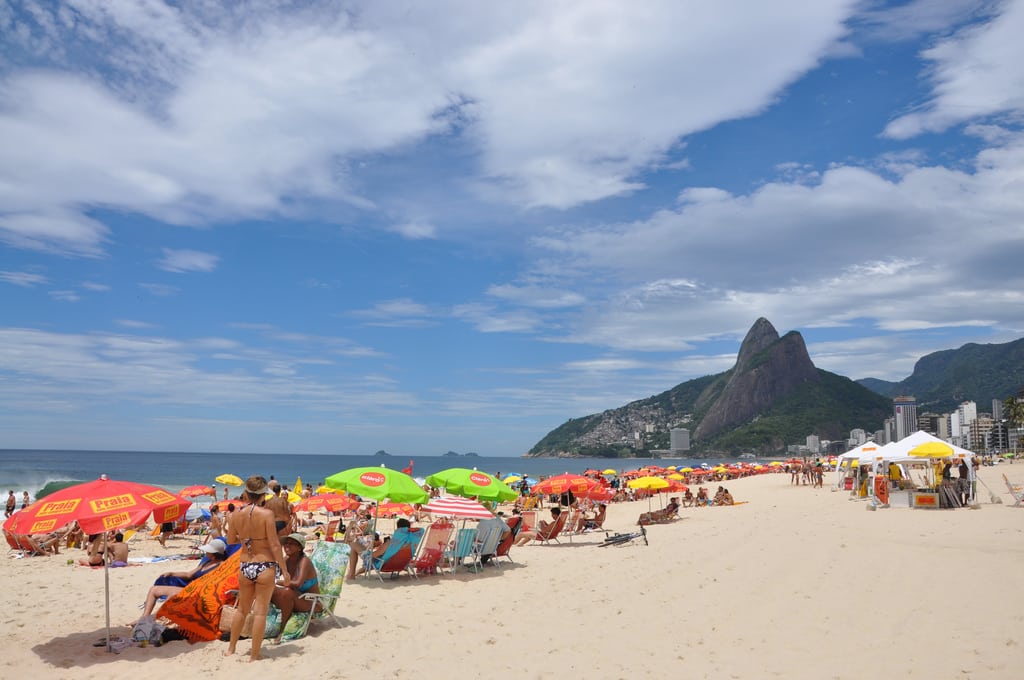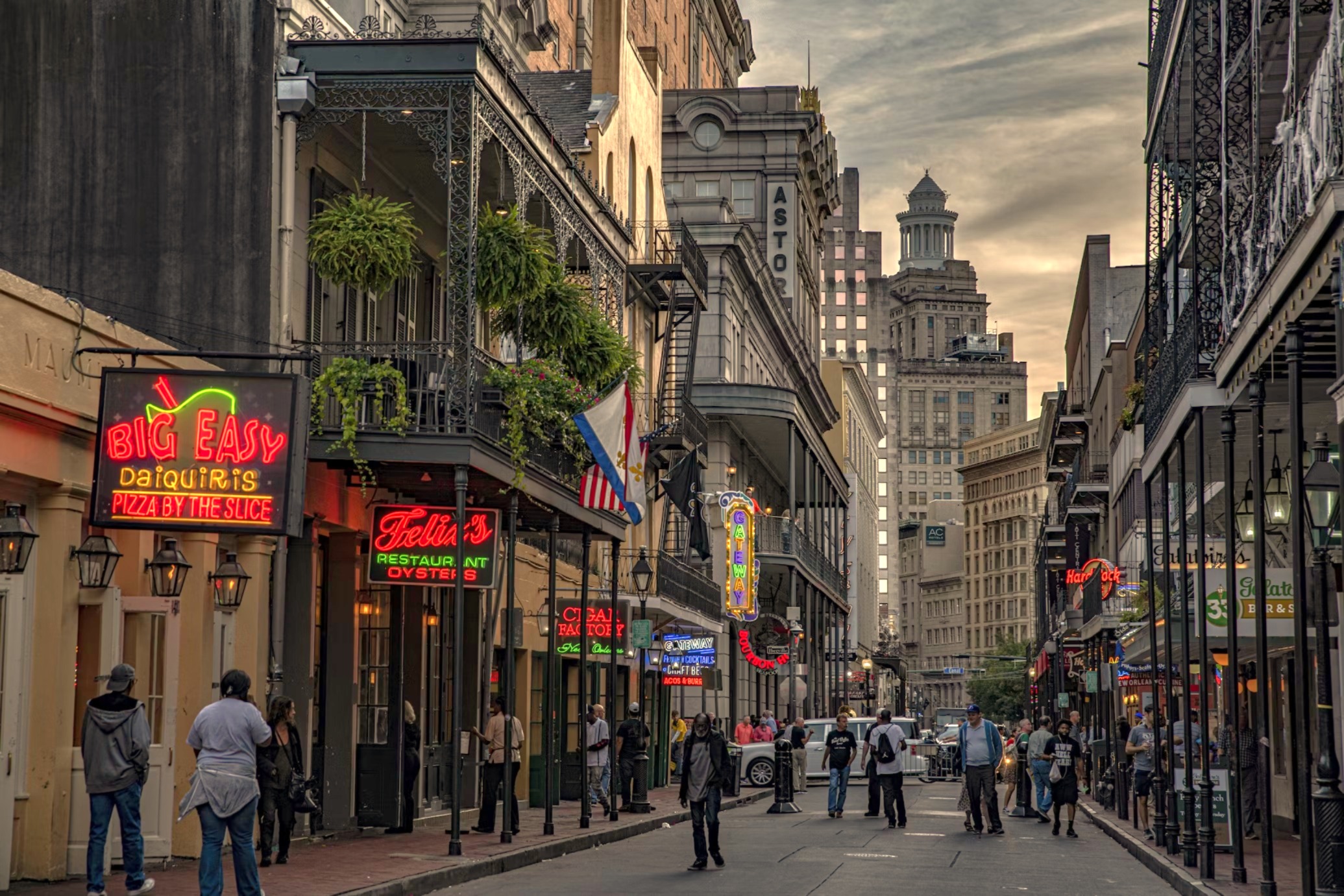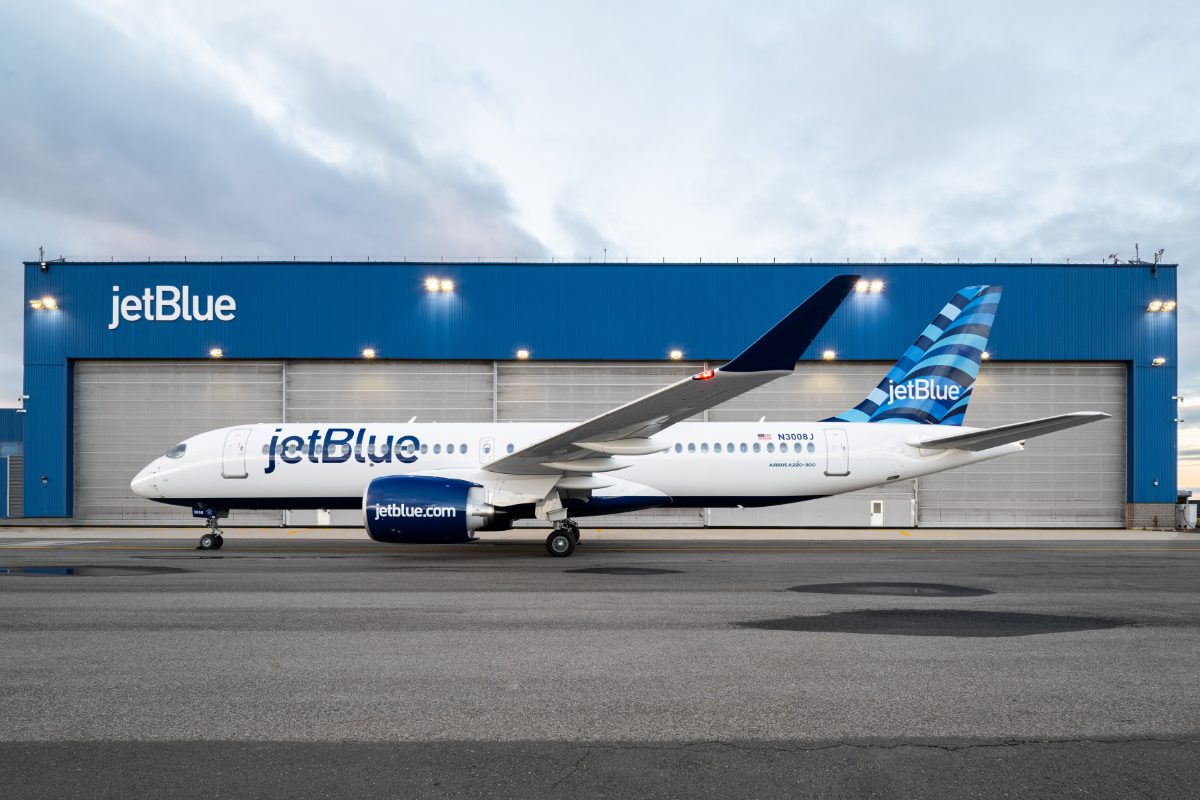The next four years will make or break Rio as global tourist destination

Skift Take
Rio de Janeiro will have global exposure during the 2016 Olympic Games. Martine Ainsworth-Wells explains why it could be a platform that lures swathes of future tourists, or one that makes them determined to stay away entirely.
Rio de Janeiro, the self-styled “Cidade Maravilhosa” - Marvelous City. Mention it to friends who have visited and they’ll wistfully recall caipirinhas on the Copacabana, or possibly mention being robbed. Not every city can be known for such opposed experiences and still appeal as a holiday destination – but Rio pulls it off.
With 55 miles of beaches, excellent restaurants, attractive colonial architecture, well-regarded nightlife and that Carnival, Rio has all the necessary ingredients of a world-class tourist destination. The city clearly has a lot going for it, but the focus on Rio is set to increase dramatically. The World Cup arrives in Brazil in 2014 and the Olympic and Paralympic Games take place in Rio in 2016 - do tourism authorities there understand the opportunity and threat posed by hosting these events?
Rio de Janeiro received 2 million international visitors in 2012, double that of 2011 and almost triple the 760,000 registered in 2008, according to data from the tourism ministry. In comparison, London receives 26 million overnight visitors (11 million domestic and 15 million international) annually so there is plenty of room for tourism growth in Rio. The tourism strategy for the city is managed by Riotur, which answers directly to the mayor, and it focuses on the creation of events such as Reveillon – the New Year's Eve celebration at Copacabana Beach, which attracted 2.3million people this year.
While Carnival does draw international tourists, behaviours I observed while London & Partners marketing and communications director during the London 2012 Olympic Games showed that major events can repel rather than attract visitors – fears of overcrowding, disruption and inflated prices can be a strong deterrent. The needs and concerns of international visitors to Rio should be thoroughly understood if tourism is to form a strong source of income for Rio in the future.
Despite the imminent arrival of two major events in the city, Rio’s objectives around enhancing the city’s reputation are unclear and its brand strategy is under review. Now is a critical time for assessing how the city is understood and what image it wants to propel. Clearly Riotur will need to translate the visibility the city is about to receive into a positive marketing opportunity. While the Rio 2016 organising committee has no official responsibility for tourism they certainly understand the opportunity and, like London, will showcase the venues against the stunning backdrop of the Rio. They know that Rio is not as famous as London, and they know they have a once-in-a-lifetime opportunity to amplify and influence perception of the destination.
The city’s reputation for crime, meanwhile, remains a pressing concern. Rio seems to have acknowledged that the issue won’t be overcome by an array of beautiful assets and the hosting of two major events. These events will draw attention to the downsides of the destination too. Careful consideration is being given on how best to tackle the problem and a strong communications plan should be activated to comfort and reassure visitors.
Image is also reflected by a destination’s key political players. Not dissimilar to Boris Johnson, Rio has a charismatic mayor in Eduardo Paes. I witnessed the pair together at several press conferences during London’s Games and the two jostled to win the attention of the media. An Olympic host city needs an excellent “communicator in chief” who can assure all concerned that the city will function. I am told that the mayor of Rio is striving to ensure that everything is organised with “efficiency, transparency and professionalism”. If he wants to enhance his own personal or political reputation, he will have to guarantee a legacy for the city beyond the Games, just as we did in London.
Paes will have to convert international interest in Rio during Games time into tangible outputs: more tourists, commercial investment, new business and a better city for its residents. When the medals have been handed out, the athletes have left town and the world’s media and sponsors have moved to the next host city, Rio’s residents will have only one question: “what was in it for us?” If they act quickly, city authorities still have time to ensure their communities end up happy with the answer.
Martine Ainsworth Wells was the marketing and communications director for London & Partners before and during the Games period. She is now the director of agency Ainsworth & Wells, which advises on and implements promotional activities and strategies for international and domestic destinations. Follow her @MartineAWells .
![]()




